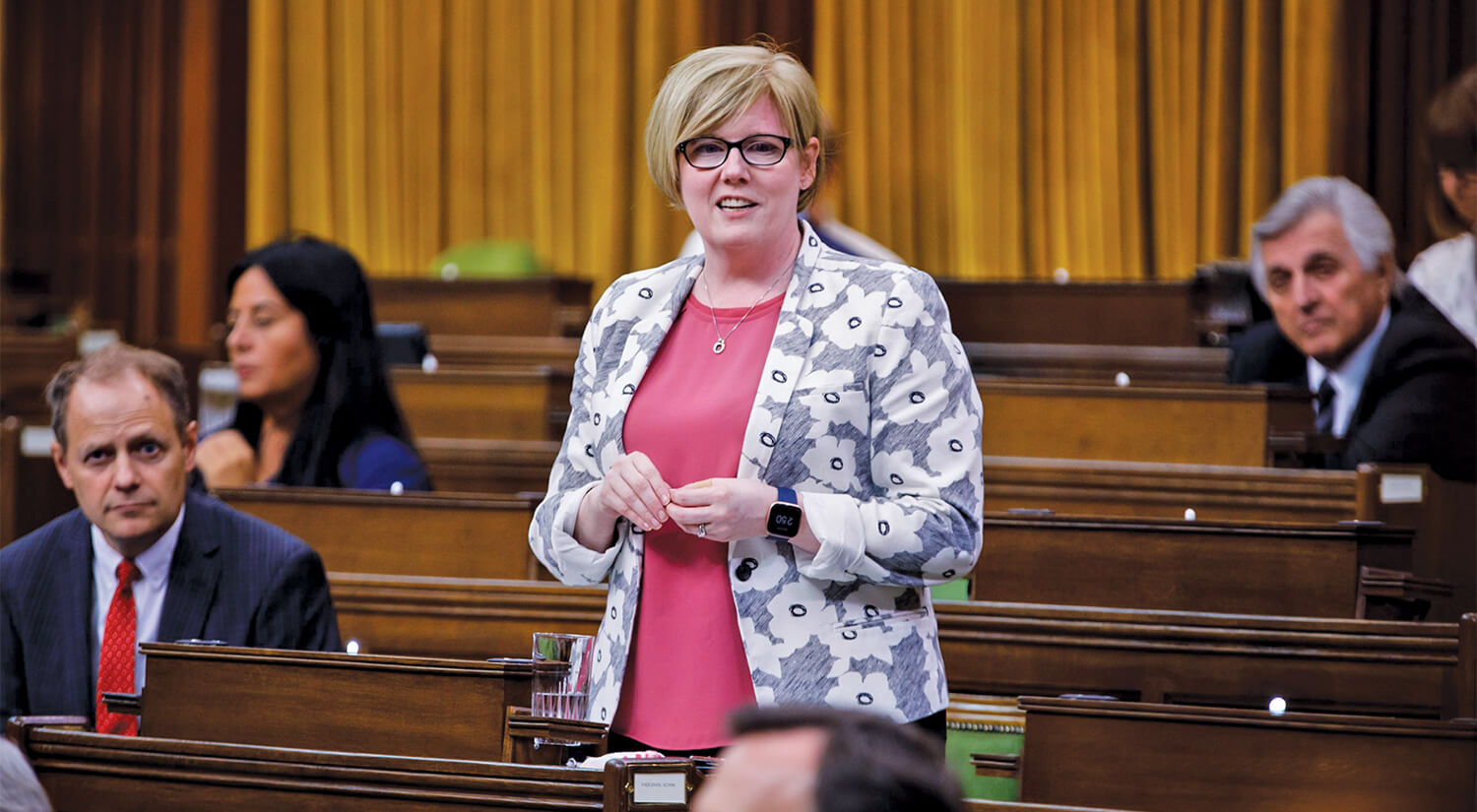May 12, 2022

Carla Qualtrough
New Rules for TFWP
On April 4, 2022, Carla Qualtrough, the Minister of Employment, Workforce Development and Disability Inclusion announced the Temporary Foreign Worker (TFW) Program Workforce Solutions Road Map.
In a media release, the Canadian government says the reformed program will address labour shortages, enhance worker protections and build “a stronger workforce for today and tomorrow, including through pathways to permanent residency.” According to the federal government, TFWs made up less than 0.4 per cent of the Canadian workforce in 2020. Five key policy changes will be implemented in the coming weeks as part of the TFW Program Workforce Solutions Road Map.
Effective April 4, 2022:
- To address seasonal peaks, there will no longer be a limit to the number of low-wage positions that employers in seasonal industries, such as fish and seafood processing, can fill through the TFW Program. This makes permanent the Seasonal Cap Exemption that has been in place since 2015. In addition, the maximum duration of these positions will be increased from 180 days to 270 days per year. Labour Market Impact Assessments (LMIAs) will be valid for 18 months — an increase from nine months. Prior to COVID-19, LMIA’s were valid for six months.
- The maximum duration of employment for High-Wage and Global Talent Streams workers will be extended from two years to three years. This extension will help workers access pathways to qualify for permanent residency, enabling them to contribute to the workforce for the long term.
Effective April 30, 2022:
- For seven sectors with demonstrated labour shortages, such as Accommodation and Food Services, employers will be allowed to hire up to 30 per cent of their workforce through the TFW Program for low-wage positions for one year. All other employers will be allowed to hire up to 20 per cent of their workforce through the TFW Program for low-wage positions until further notice — an increase from the former 10 per cent cap for many employers.
- The government will end the current policy that automatically refuses LMIA applications for low-wage occupations in the Accommodation and Food Services and Retail Trade sectors in regions with an unemployment rate of six per cent or higher.
Qualtrough also announced she will convene the inaugural TFW Program Ministerial Consultative Roundtable in June 2022 to hear directly from worker representatives and other stakeholders on how to make the program stronger and more effective for workers, employers and their communities. The focus of the first roundtable will be on housing accommodations, as the COVID-19 pandemic has highlighted the need for safe and adequate employer-provided housing for TFWs.